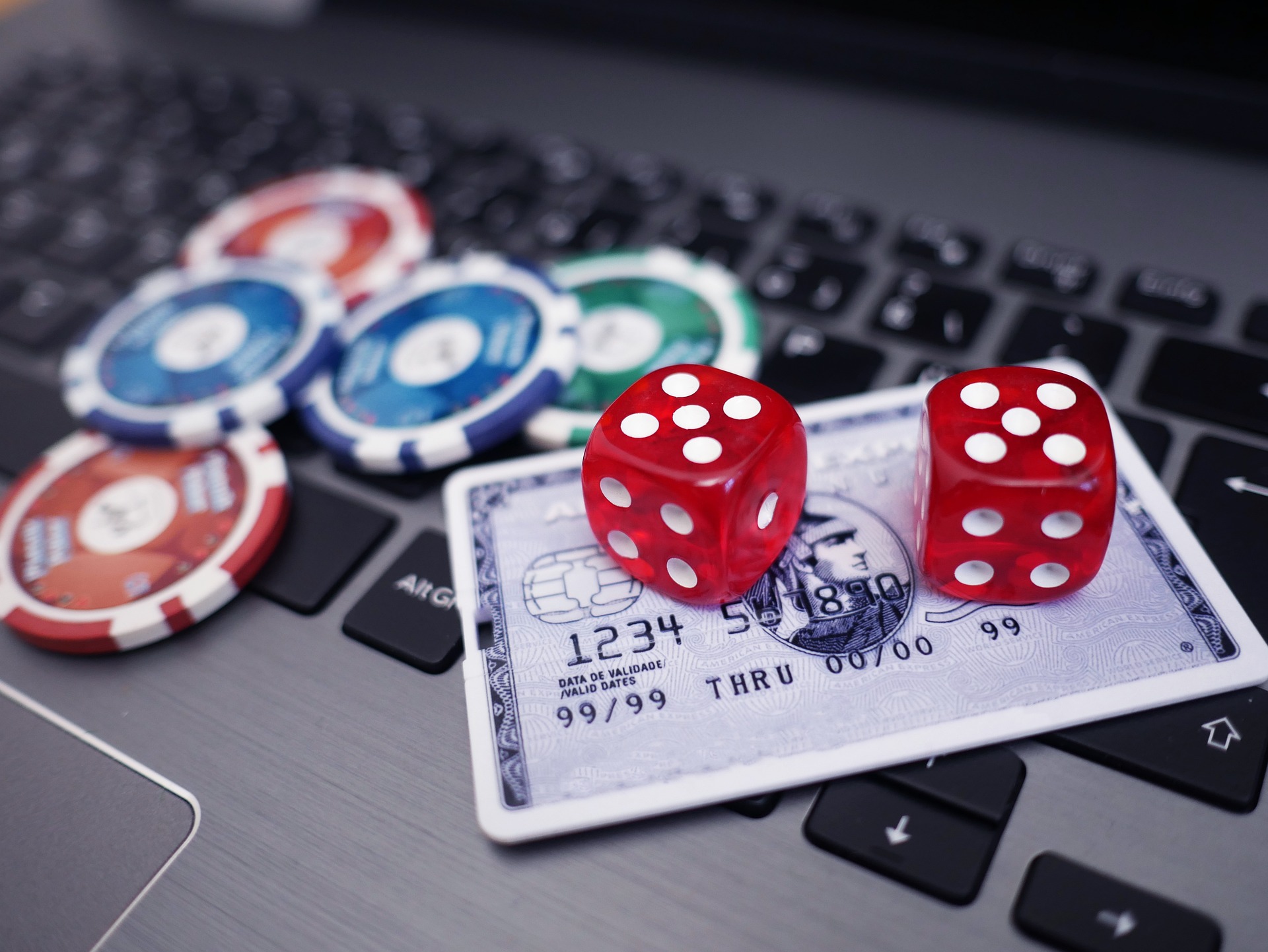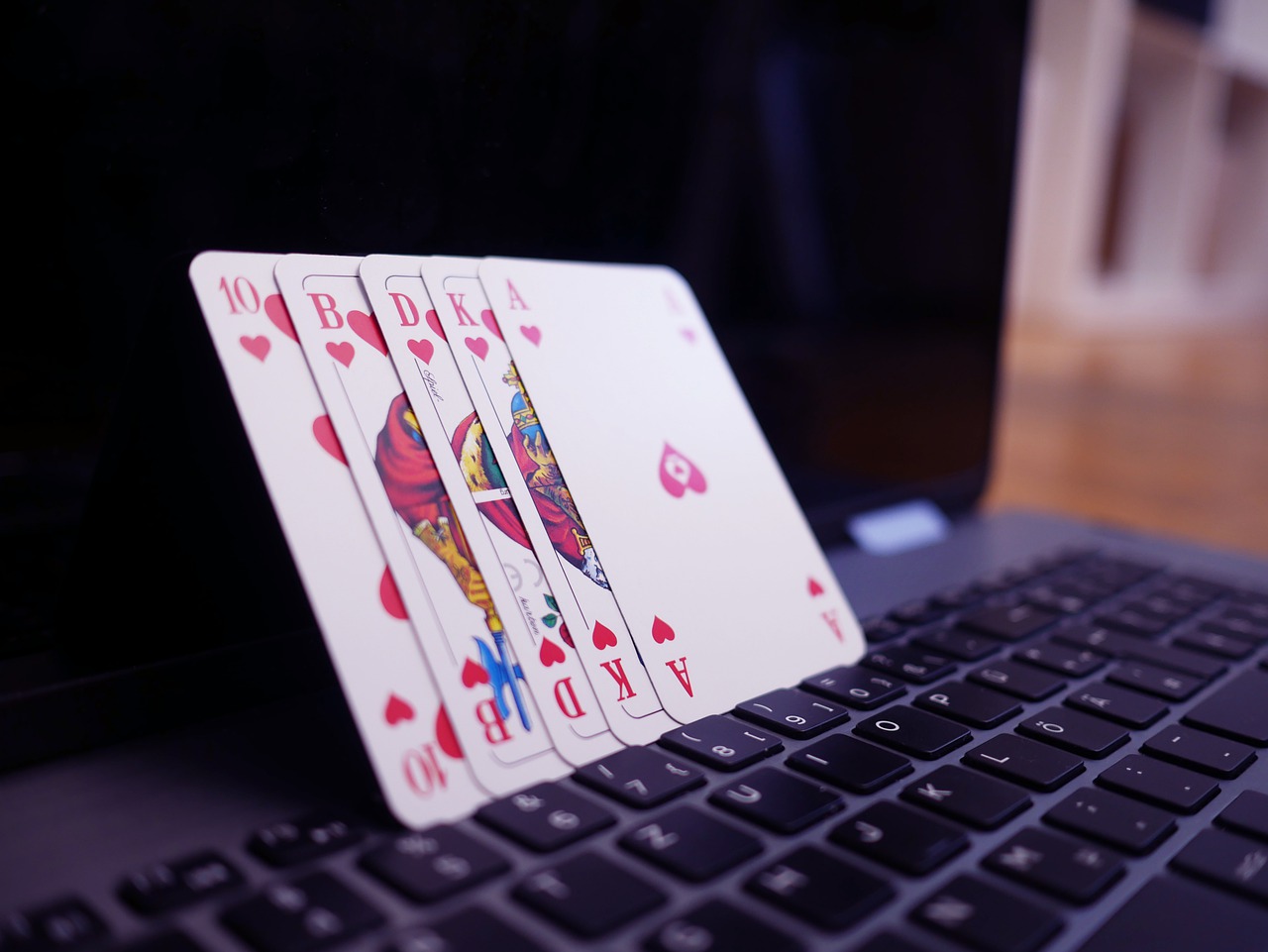Welcome to the thrilling world of poker, where skill, strategy, and a dash of luck can lead you to victory. Whether you’re a seasoned player or just starting out on your poker journey, this blog post will equip you with valuable tips and tricks to help you win in this exhilarating game. Poker is more than just a card game; it’s a mind game. To come out on top, you need to understand the rules and master the art of reading your opponents and making strategic decisions. It means that you should know first about the history of online poker. So buckle up and prepare for some invaluable insights that will take your poker skills to new heights.
Study and Understand the Game
To become a successful poker player, one of the first steps is to study and understand the game inside out. This means going beyond just knowing the basic rules; you must delve into the intricacies and nuances that make poker such an intriguing pastime. Start by familiarizing yourself with different variations of poker, such as Texas Hold’em, Omaha, or Seven-Card Stud. Each variant has its own set of rules and strategies, so it’s important to grasp the specific dynamics of the game you plan on playing. Next, dedicate time to learning about hand rankings. Knowing which hands are stronger than others will help you make better decisions during gameplay. Familiarize yourself with terms like “royal flush,” “straight,” and “two pair” – understanding these combinations will give you an edge at the table.

Pay Attention to Positions
The position is a crucial aspect of poker that beginners often overlook. It refers to where you are seated about the dealer button and how it affects your betting options. Understanding your position can greatly improve your chances of winning in poker. When you have a late post, such as being on the button or close to it, you have an advantage over players who act before you. This allows you to gather more information about their hands based on their actions, giving you an edge. In contrast, having an early position means you need to be more cautious with your bets because many players are still left to act after you.
Read Your Opponents
 When playing poker, the most crucial skills you can develop is the ability to read your opponents. Understanding their actions, behaviors, and body language can provide valuable insights into what they might be holding in their hands. Pay attention to the betting patterns of each player. Are they consistently aggressive or more passive? Do they tend to raise with strong hands or bluff frequently? Observing these tendencies allows you to create a profile for each opponent at your table. Watch how your opponents react during gameplay.
When playing poker, the most crucial skills you can develop is the ability to read your opponents. Understanding their actions, behaviors, and body language can provide valuable insights into what they might be holding in their hands. Pay attention to the betting patterns of each player. Are they consistently aggressive or more passive? Do they tend to raise with strong hands or bluff frequently? Observing these tendencies allows you to create a profile for each opponent at your table. Watch how your opponents react during gameplay.
Use Bluffing Strategically
When used strategically, Bluffing can be a powerful tool in your poker arsenal. It’s not about lying or deceiving your opponents; it’s about creating an illusion that can lead them to make mistakes. To effectively bluff, you must first establish a tight and solid image at the table. This means playing strong hands and showing down only when necessary. By doing so, your opponents will be more likely to give you credit for having a big hand when you do decide to bluff. Timing is everything in bluffing. It would be best if you chose the right moment to strike – when the board favors your story or your opponents show signs of weakness. It’s essential to pay attention and read their reactions carefully.
Becoming a successful poker player takes time, practice, and skill. You can greatly improve your chances of winning by studying the game, paying attention to position, reading your opponents, and strategically using bluffing techniques. Remember that poker is about luck and making calculated decisions based on the information available. So next time you sit down at the poker table, remember these tips. Study the game inside out to understand its intricacies and strategies. Pay close attention to your position and capitalize on it whenever possible. Read your opponents like a book and use their behavior to gain an advantage. Master the art of bluffing by using it selectively and effectively.




